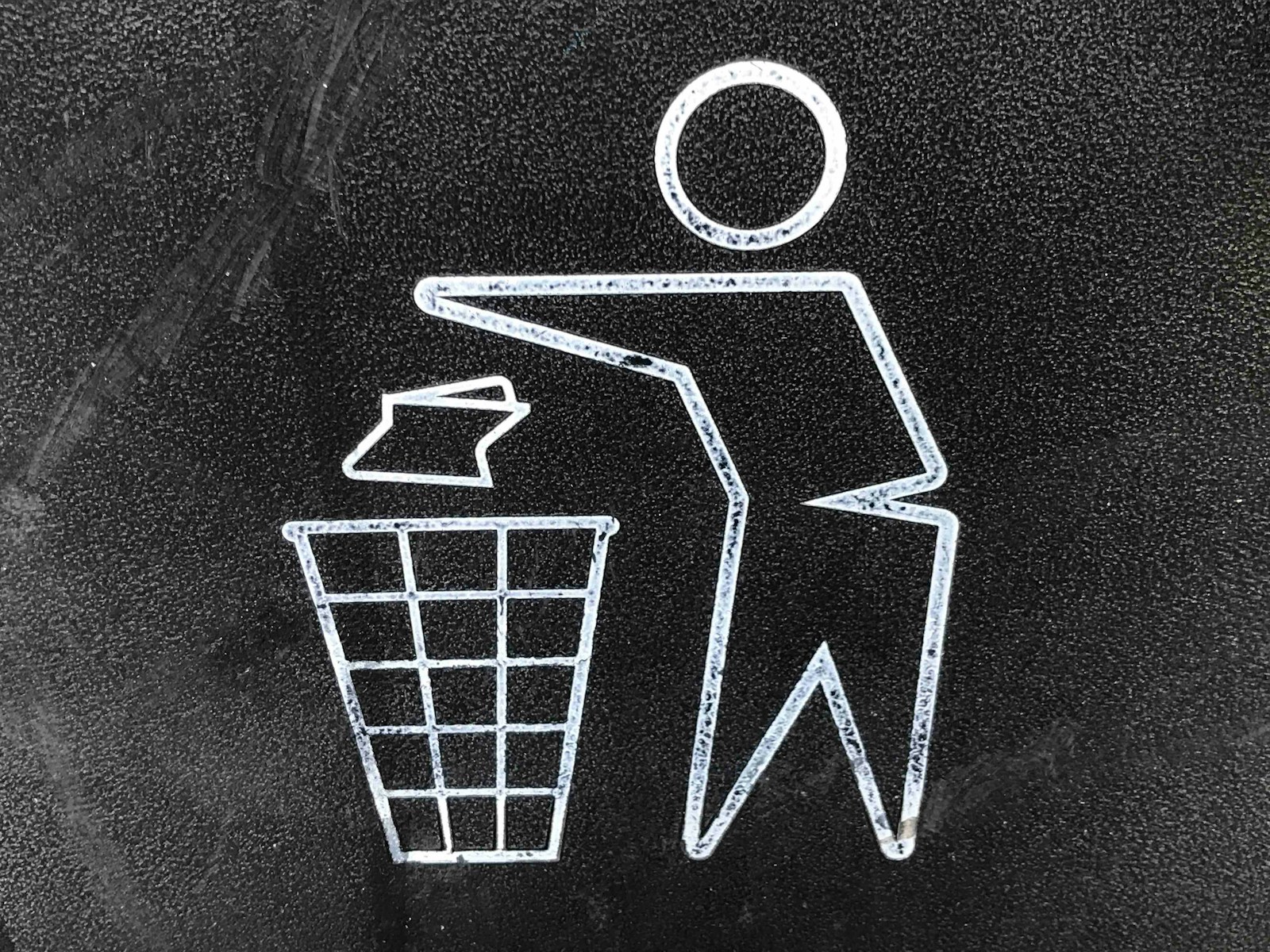Waste management may not seem the sexiest topic in the world, but trust me, it’s way more exciting and crucial than it seems. Plus, it’s an area where you can make a real difference in the fight against pollution.
Why Should You Care About Industrial Waste Management?
First off, let’s talk about why this matters. Industrial waste management is not just about keeping your workspace clean or following regulations. It’s about protecting our environment, improving public health, and ultimately ensuring a sustainable future for generations to come. Every small step we take in managing waste can have a massive impact on reducing pollution. And hey, it’s also good for business. Efficient waste management with the help of VLS Environmental Solutions can lead to cost savings, improved efficiency, and a better company image. Win-win, right?
Understanding the Types of Industrial Waste
Before we jump into the tips, let’s break down the types of industrial waste. Knowing what you’re dealing with is half the battle.
Hazardous Waste
This includes anything that can be harmful to humans or the environment. Think chemicals, heavy metals, and certain types of industrial sludge. Handling hazardous waste requires strict protocols and special disposal methods.
Non-Hazardous Waste
While not immediately dangerous, non-hazardous waste still needs proper management. This can include scrap metal, packaging materials, and food waste from factory cafeterias.
Solid Waste
This is the bulk of what we think of as industrial waste. It includes everything from production scraps to office trash. Proper sorting and recycling are key here.
Liquid Waste
From wastewater to used oils, liquid waste can be tricky to manage but is equally important to handle correctly to prevent environmental contamination.
Top Tips for Effective Industrial Waste Management
Alright, now that we’ve covered the basics, let’s get into the juicy part—tips and tricks to manage industrial waste like a pro.
1. Conduct a Waste Audit
Start with a waste audit. This might sound like a snooze-fest, but it’s essential. A waste audit helps you understand what types of waste your facility produces and in what quantities. It’s like getting a health check-up for your business. Knowing the details allows you to develop a targeted waste management plan.
2. Implement the 3 Rs: Reduce, Reuse, Recycle
- Reduce: The best waste is no waste. Look for ways to minimize waste generation at the source. This can include optimizing manufacturing processes and using materials more efficiently.
- Reuse: Before tossing something out, think about whether it can be used again. Reusing materials can save money and reduce waste.
- Recycle: Set up a robust recycling program. Make it easy for your employees to recycle by providing clearly labeled bins and regular training.
3. Proper Hazardous Waste Management
Hazardous waste requires special attention. Ensure you’re compliant with all regulations and use certified disposal services. Train your staff on how to handle hazardous materials safely to prevent accidents and contamination.
4. Invest in Waste Reduction Technology
Technology is your friend. Invest in equipment that reduces waste production or makes recycling easier. For example, compactors can reduce the volume of waste, and balers can help manage recyclables more efficiently.
5. Educate and Train Your Team
Your employees are on the front lines of waste management. Regular training and education can make a huge difference. Create a culture where everyone understands the importance of waste management and knows how to contribute effectively.
6. Partner with Waste Management Services
You don’t have to do it all alone. Partnering with professional waste management services can bring expertise and efficiency to your waste handling processes. They can provide regular pickups, proper disposal, and even consulting services to optimize your waste management system.
7. Monitor and Review
Don’t just set it and forget it. Regularly monitor your waste management practices and review them for effectiveness. Use data to make informed decisions and continuously improve your processes.
8. Adopt a Zero-Waste Goal
Aim high! Adopting a zero-waste goal can transform your approach to waste management. While it may seem ambitious, setting a long-term goal to eliminate waste can drive innovation and continuous improvement in your facility.
Bonus: Quick Tips for Everyday Waste Management
- Label Everything: Clear labels on bins and waste disposal areas can prevent mistakes and make recycling easier.
- Regular Cleanups: Schedule regular cleanup days to keep the facility tidy and identify areas where waste can be reduced.
- Employee Incentives: Reward employees who consistently follow waste management protocols or come up with innovative waste reduction ideas.
- Community Engagement: Engage with your local community to promote waste management and recycling efforts. This can enhance your company’s image and foster a culture of environmental responsibility.
The Bigger Picture: Industrial Waste and Pollution Control
Reducing industrial waste is a significant step toward controlling pollution. By minimizing waste, we reduce the amount of material that ends up in landfills, incinerators, and our natural environment. This not only conserves natural resources but also cuts down on greenhouse gas emissions and other pollutants.
Moreover, effective waste management can prevent harmful substances from contaminating soil and water, protecting both ecosystems and human health. It’s a powerful way to contribute to a cleaner, healthier planet.
Conclusion: Your Role in Fighting Pollution
Remember, every action counts. By implementing these tips, you’re not just managing waste; you’re actively fighting pollution and making a positive impact on the world. It’s time to take pride in your efforts and lead the charge towards a more sustainable future.









